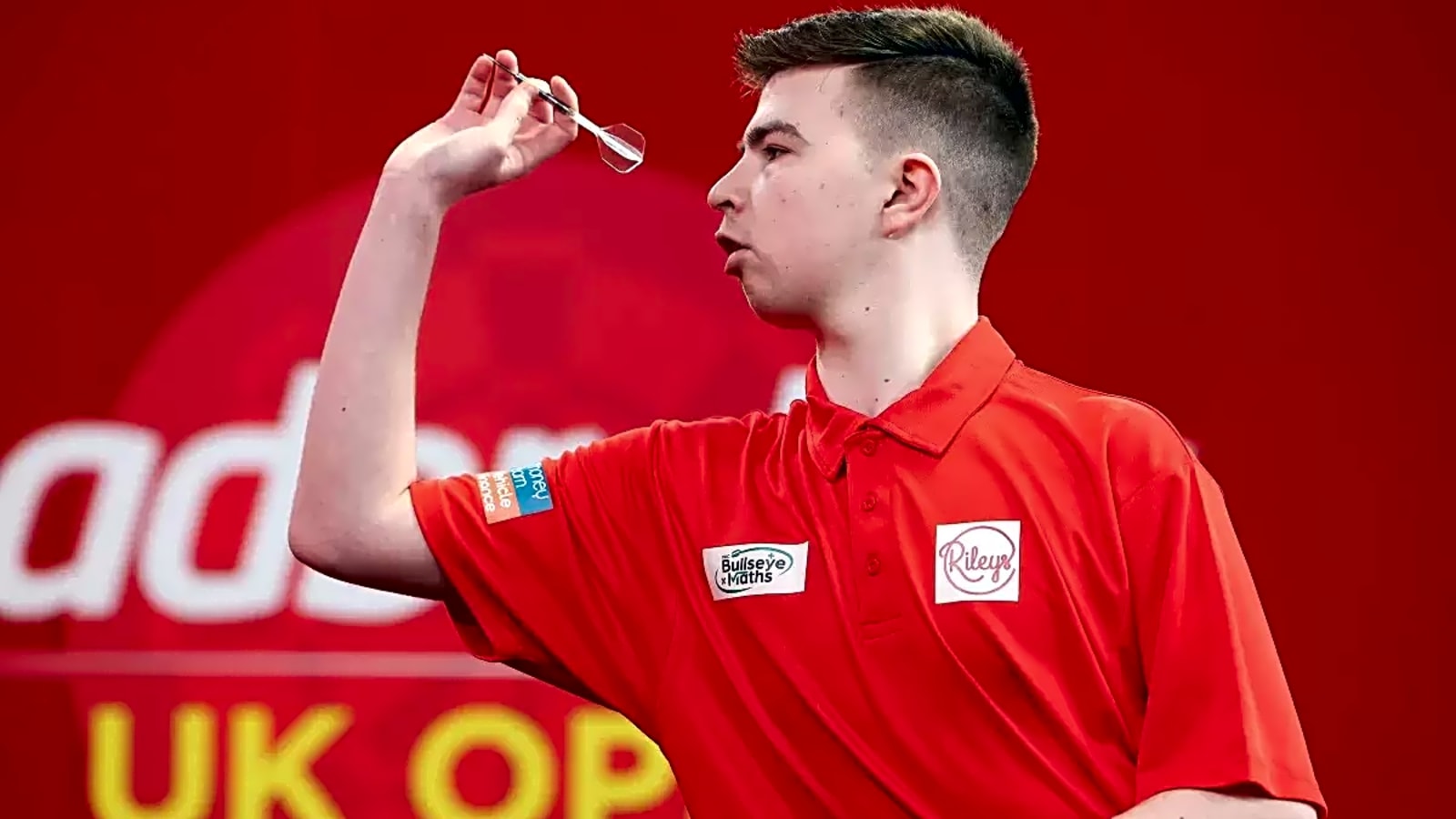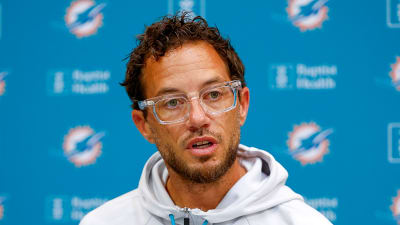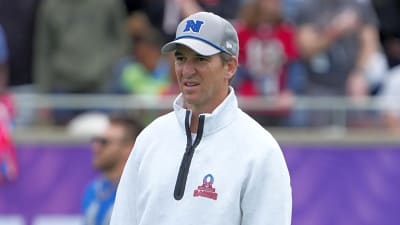
When lockdown struck, few could have predicted it would spark the rise of one of darts’ brightest young prospects. For Jenson Walker, it began almost by accident.
Speaking with MODUS Super Series Tungsten Talk, he was a proponent of the COVID-19 lockdown which saw many turn to darts and he is one of the leading players who made themselves into a darting star based off it.
“It all started in lockdown really,” he recalls. “I didn’t come from a darting background, I didn’t know hardly anything about the game. We always watched Ally Pally at Christmas, as most families do, but that was about it. We happened to have a dartboard up, and when lockdown hit the board just stayed up — I think we forgot to take it down, to be honest. It was just something to do at the time, but it spiralled from there.”
Unlike many young players, Walker had no family link to darts. “No, not at all,” he says. “None of us play apart from me.” Instead, his early sporting passion was football. But by his mid-teens, the balance began to tip. “I played until about 15 or 16. I was decent, maybe good enough for low semi-pro level, but I was never going to make a real break in football. Then I started playing darts and all of a sudden I was in the top 32 in the world. That made it an easy decision.”
Early breakthroughs
Walker’s turning point came at the inaugural JDC Q School. “I won the fourth event to qualify and get my Advanced Tour Card, which puts you in the top 32 in the world. I won that final with a 56 average and turned to my dad and said, ‘I’m going to come up against Luke Littler, Henry Coates and Thomas Banks — I can’t play like this.’”
Determined to raise his game, Walker and his dad committed to playing “every single local comp we could find online.” The hard work soon paid off. “After a few months it started to click, especially in the local comps. It didn’t quite happen in the national tournaments at first, but I knew the game was there.”
Super League also proved invaluable. “I first started at a side called the Lion Tree with some local legends like Dick Arnold and Dave Albright, plus a few county players. Then last season I joined the Cherry Tree, where we’ve got players like David Pallett, Josh Jones, and young Taylor Magookan, who’s flying on the WDF Youth Tour. Being around that kind of quality pushes you.”
Partnerships with Pallett also brought success further afield. “We won the triples in Romania and then the mixed triples in the Isle of Man with Dave and Deta Hedman. We fancied our chances going in — we thought we were a bit of a dream team — and it worked out. We did ride our luck though. Against Tavis Doodney’s team we only just won 3–2, and I had to pull out a 156 finish to win it.”
Finding his feet
The Challenge Tour became another proving ground. “Challenge Tour is really tough,” Walker admits. “I always say the standard at the top of the Development Tour is the same as the top of Challenge Tour. The difference is on the Dev Tour you’ve got 50–60 players at that standard, whereas on the Challenge Tour you’ve got 50–60 who aren’t — so you’re constantly running into quality. You can’t afford to switch off at all.
“It’s vital though, because it prepares you for places like this. My first Challenge Tour quarter-final I think I lost to Scotty 5–3 in Wigan.”
That preparation served him well when he received his first Modus Super Series call-up. “It was daunting at first. I got my first call-up after a poor Q School campaign, but then I had a decent Challenge Tour, qualified for the UK Open, and was playing well. So when I came in at 17 it was just a case of seeing what I could do.
“I actually made finals night on my debut, but after about eight games the nerves kicked in and it affected me. I’m quite a nervous player anyway. A few double disasters in that first finals night, but since then I’ve improved every time I’ve come back.”
Making his mark
In Series 10, Walker announced himself in style by winning a week outright. “Brilliant,” he says simply. “To be honest, I didn’t expect to win the week. I’d have been more than happy with just making finals night. But it was one of those nights — tunnel vision — everything clicked, and I didn’t really start thinking about it until the final. Then you just feel it’s your turn.
“Coming through players like Simon Whitlock and Andy Hamilton, both former World Championship finalists, gave me a real boost. It was nice to prove myself against names like that.”
But alongside success came heartbreak. At the 2024 WDF World Youth Championship, Walker fell just short. “Really tough,” he admits. “I was distraught after losing. It took a few days to get over it. People don’t realise the amount of effort, travel and time you put in to get to a WDF World Championship. To go unbeaten all year, become world number one, and then just miss out — it was gutting.
“But it was character-building. I feel like every year I’ve become a more complete player, not just in stats but in maturity. That disappointment made me stronger.”
Champions Week redemption
That strength shone through during the Modus Champions Week, one of the most competitive editions yet.
“It was a slow start. Day one was poor — I won one out of five. But by Tuesday I was playing much better, averaging around 90. Group C I got what I deserved because I was playing really well.
“Then finals night was like the one I won earlier in the year — everything went in at the right times. Suddenly you’re in the final, and you feel it’s meant to be.”
There, he faced good friend Sam Spivey. “It was weird really. Sam and I are really good mates. We travelled together that week, we roomed together. I think we both wanted to play each other in the final. To go and play him in that final, both of us playing well, it was brilliant. It was a great advert for youth darts as well, two lads under 20 on the big stage in front of the cameras.”
Balancing act
For all the success, Walker remains grounded. At just 18, he still balances darts with work. “It’s tricky. I work as well — I’m a mechanic — so it’s a case of balancing shifts, practice, and tournaments. It’s not easy but I love it, and hopefully darts can become my career full-time.”
Former world champion Scott Mitchell, who joined the conversation during Walker’s appearance on Tungsten Talk, was quick to praise the teenager’s approach. “Jenson, you’ve got a good head on your shoulders,” Mitchell told him. “Keep enjoying it, keep learning, and the rest will come.”
For Walker, that advice sums up where he is right now: talented, ambitious, but above all still learning. And if his journey from a forgotten dartboard in lockdown to Super Series champion is anything to go by, the future looks very bright indeed.
More must-reads:
- Arch Manning's likely NFL Draft outcome has been revealed
- Winless Chiefs confirm Xavier Worthy's status for 'Sunday Night Football' vs. Giants
- The 'NFL 200-touchdown-pass Club' quiz
Breaking News
Trending News
Customize Your Newsletter
 +
+
Get the latest news and rumors, customized to your favorite sports and teams. Emailed daily. Always free!








